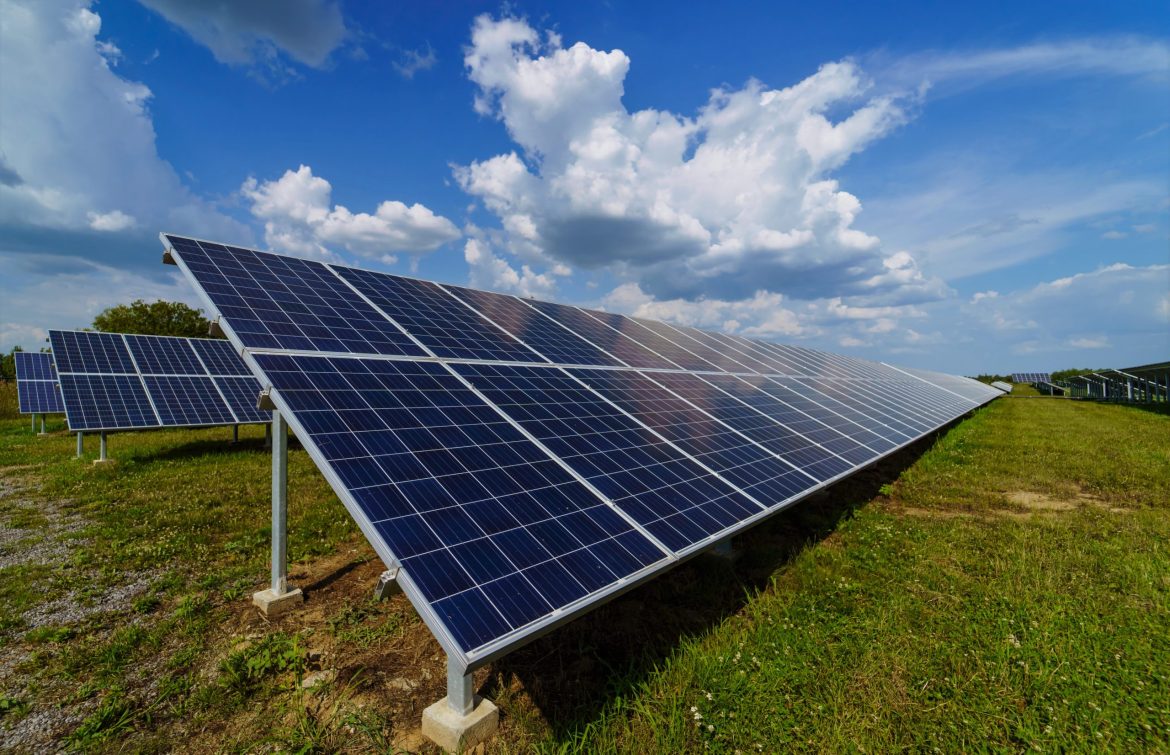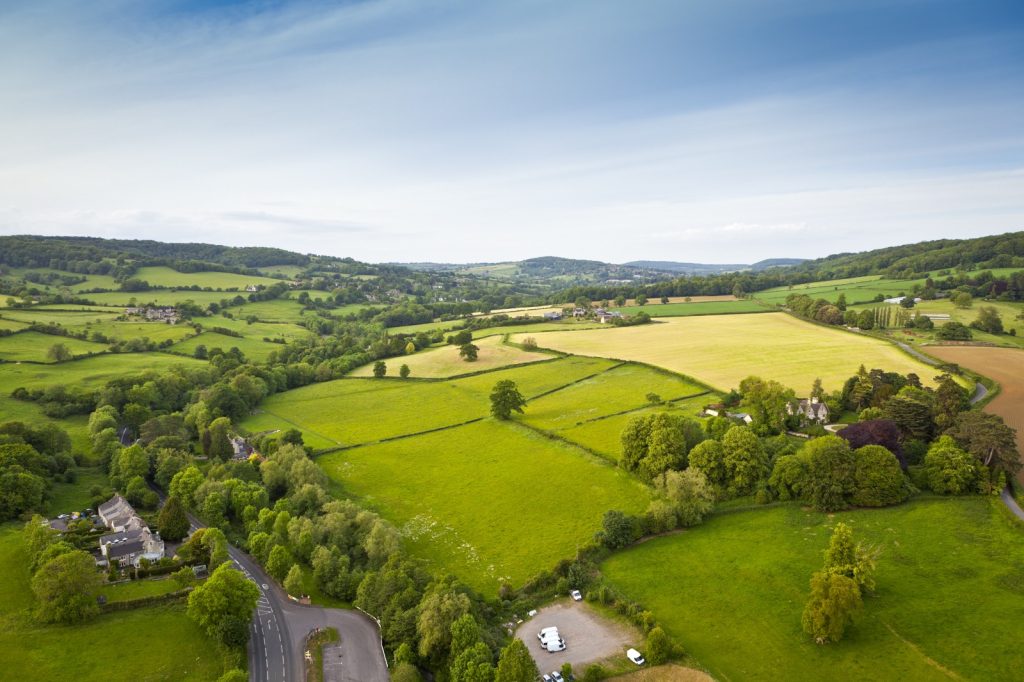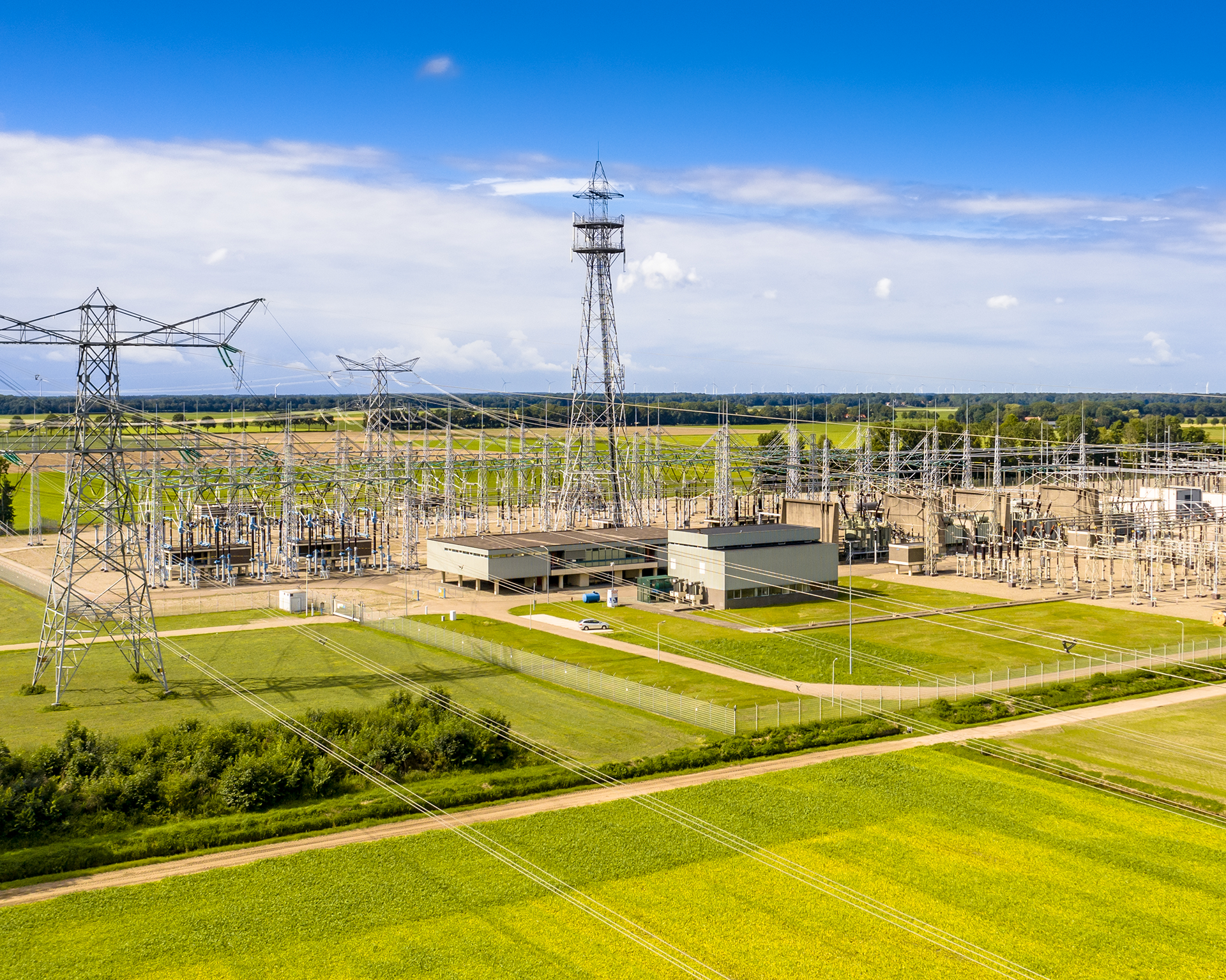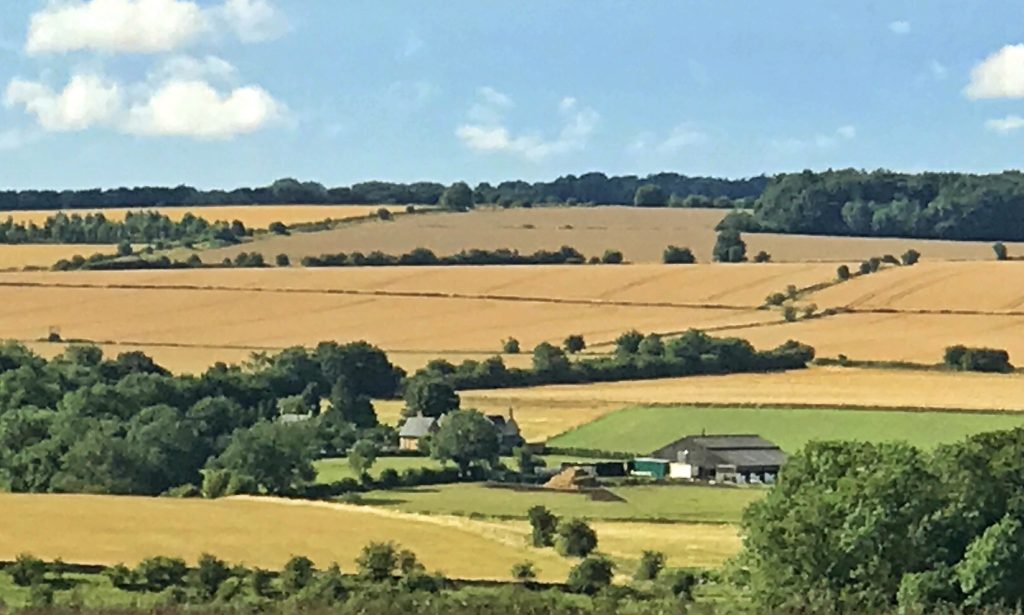Rural Development Bottleneck: Farm Diversification and DNO Challenges
Rural businesses and farms seeking to diversify often face a major obstacle: securing additional power supplies. Distribution Network Operators (DNOs), which control local grid connections, are notorious for their slow and costly processes. These monopolistic structures leave little room for alternative providers, creating a significant barrier for rural economic growth.
For example:
- Time-Consuming Approvals: Connections can take months or years to finalise.
- High Costs: The financial burden often renders small-scale diversification projects unviable.
Innovative Workarounds
Our recent collaboration with TCA Solar provides a glimpse of what’s possible. By connecting to an underutilized phase of the grid, we unlocked additional capacity for a rural business. Yet, such solutions are rare, and the system needs reform to make access to power equitable and efficient.


The Future Homes Standard: Adding Pressure to a Creaking Grid
The UK’s Future Homes Standard, set to be implemented in 2025, is a step forward in decarbonization. It mandates that new homes meet stringent energy efficiency and carbon reduction standards, effectively banning gas boilers in favor of electric heat pumps and other low-carbon technologies.
However, this policy will dramatically increase electricity demand. Without significant grid investments:
- Rural areas will struggle to meet new housing standards.
- The rollout of electric vehicles, another key decarbonization goal, could stall.
Labour’s focus on expanding grid capacity reflects the urgency of these challenges. As Ed Miliband, Secretary of State for Energy Security and Net Zero, argues, a more robust grid will make clean energy cheaper and more accessible, enabling broader progress in electrification.
Rural Energy Generation: A New Frontier for Growth
Landowners are increasingly integrating electricity generation with development projects. The easing of restrictions on onshore wind and the approval of large solar farms highlight the potential for rural areas to become key players in energy transition.
Emerging trends include:
- Demand-Led Generation: DNOs are beginning to reward projects that align generation with local demand, improving grid efficiency.
- Zonal Pricing: Charging different rates based on regional supply, demand, and capacity could incentivize local energy production and reduce costs.
While promising, these initiatives require broader adoption and clear regulatory frameworks to thrive.


Grid Infrastructure and Planning: The Need for Streamlined Processes
Unlike water companies, which enjoy extensive statutory powers to access land for infrastructure projects, DNOs often face additional planning hurdles. This slows the rollout of essential upgrades, particularly in rural areas.
To address these barriers, the government must:
- Align DNO Powers with Water Companies: Streamline planning and consent processes to expedite projects.
- Invest in Transmission Infrastructure: Build more pylons and transmission lines to connect rural areas to renewable energy hubs.
- Enable Demand Flexibility: Policies promoting smart charging and peak-demand management could reduce strain on the grid.
The National Risk Register warns of widespread civil unrest after just one week without electricity, emphasizing the critical role of reliable energy in societal stability.
A Pragmatic Path Forward
The UK’s energy transition hinges on a functional and affordable electricity grid. By prioritizing lower connection costs, streamlining planning processes, and investing in infrastructure, the government can unlock rural growth and support decarbonisation.
Ed Miliband’s leadership on energy policy shows promise, but achieving a clean power system by 2030 will require ambitious yet pragmatic action. As renewable energy becomes more central to the grid, rural areas must not be left behind. A fair and efficient energy system can power not just homes, but also the economic potential of the UK’s rural heartlands.

Sources:
- The Economist article on Ed Miliband’s energy policies and grid focus.
- UK Government Future Homes Standard.
- Case studies with TCA Solar.
